FETE research project to come up with answers toA group photo of the researchers from five countries implementing the research project the Food Environment and Malnutrition in Tanzania. 21/11/2023 Morogoro FETE. By: Calvin Gwabara – Morogoro
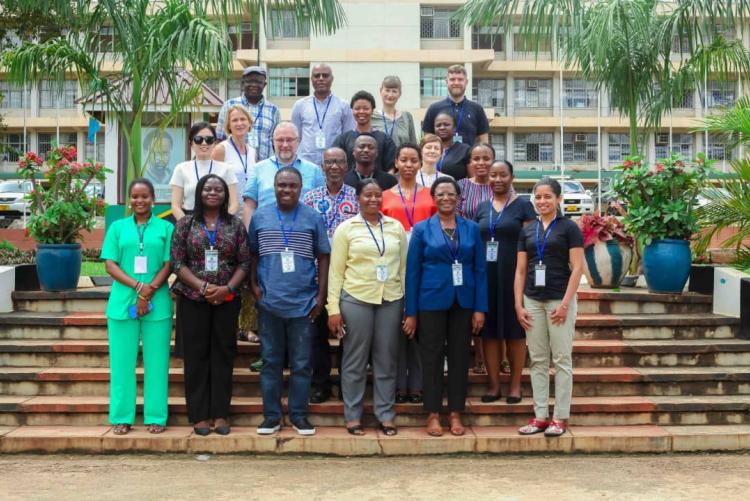
FETE research project to come up with answers toA group photo of the researchers from five countries implementing the research project the Food Environment and Malnutrition in Tanzania. 21/11/2023 Morogoro FETE. By: Calvin Gwabara – Morogoro
Researchers participating in the Urban Food Environment for Transitioning Economies (FETE) have met to launch a project and plan strategies that will help strengthen the food environment and reduce all forms of malnutrition in the four African countries participating in the study.
This was stated by the Principal Investigator of the project on the part of Tanzania, Prof. Joyce Kinabo, a professor of nutrition while briefing Journalists about the project to be implemented in Tanzania, Ghana, South Africa, Malaysia and Germany with the funding from Federal Agency for Food and Agriculture (BLE), German.
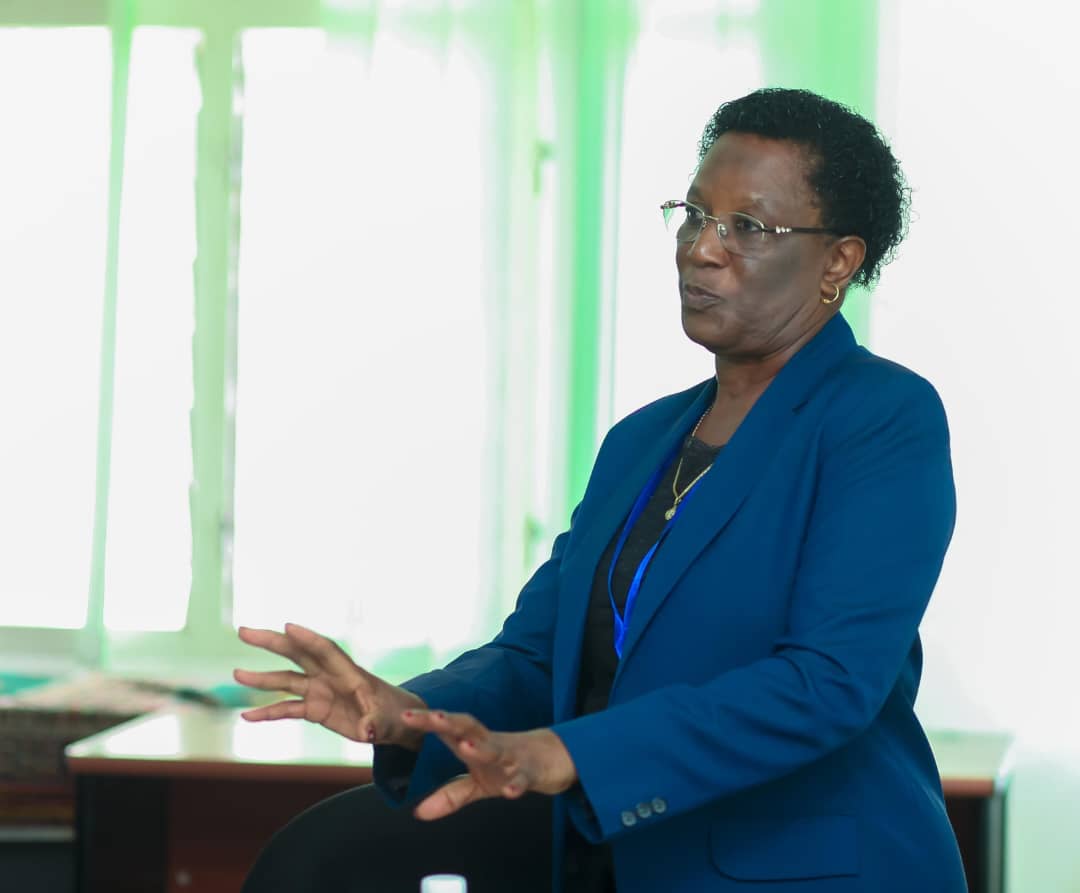
Many of you will agree with me that we have serious problems of all forms of malnutrition. For example overweight and obesity are becoming a challenge for many people here in Tanzania, a challenge that is contributed by the inadequate food environment", explained Prof. Kinabo.
"Many of the foods that we see in our food stores and supermarkets are processed and most of them contain a lot of sugar and fat causing the consumer to consume more carbohydrates or sugar than the body needs. This in turn causes rapid weight gain leading to non-communicable diseases such as diabetes, high blood pressure and heart diseases", added Prof. Kinabo.
FETE research aims to improve the environment of markets and all places that sell food so that foods sold will then provide the consumer with good nutrition such as fruits, vegetables and legumes and not foods that will increase nutritional problems, especially foods that are highly processed with high sugar and fat content.
Prof. Kinabo added that the research will provide lessons and solutions for what should be done on the part of stakeholders, policy, and food traders so that jointly, they can provide the community with foods that will help promote healthy diets.
On the part of Sokoine University of Agriculture, the benefits are mainly through capacity building of employees to get scholarships for PhD degrees, but also educate researchers on the project to get a chance to network with colleagues from other countries and increase experience and research collaboration.
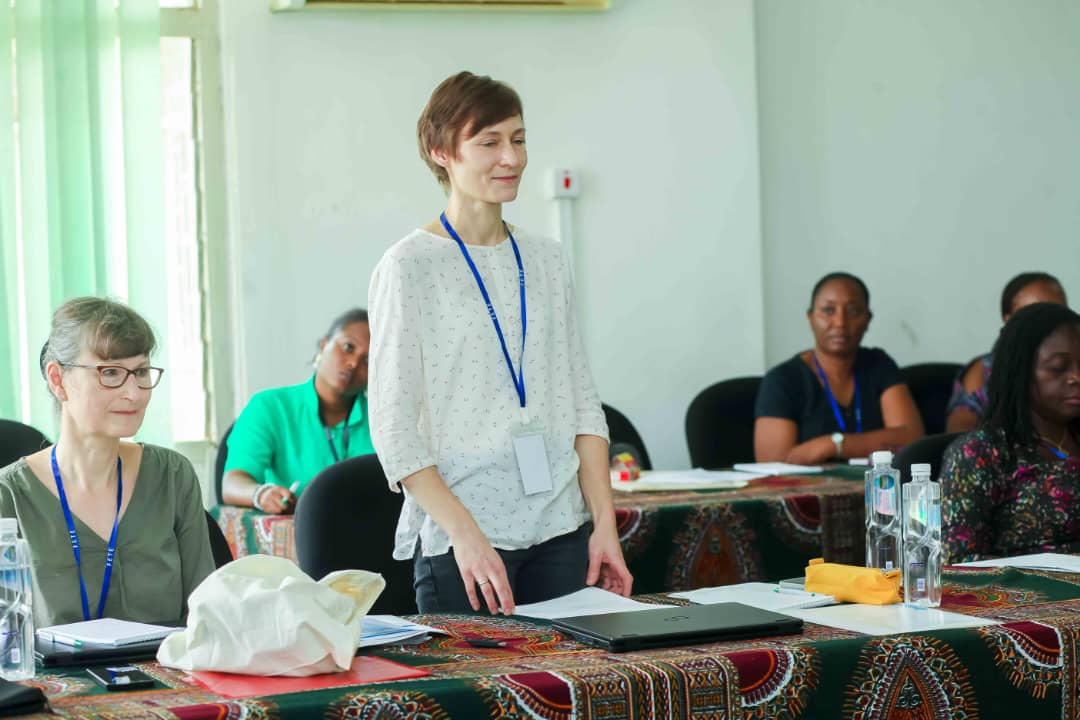
High prevalence of malnutrition and increased incidences of non-communicable diseases especially those affecting economic growth caused by major changes in dietary habits are what motivated them to carry out the research project, said the Project Coordinator for the five countries, Dr. Daniella Weible from the Thunen Institute of Market Analysis in Germany.
"The main goal is to share experiences, challenges and opportunities and bring solutions to create a better food environment, provide a reference model of how the methods established and the results obtained can be used more widely in the South or emerging economies by targeting people in the lowest income quintiles living in cities", explained Dr. Daniella.
The coordinator of the research project said that the project proposal to the donors was submitted in 2019 and went through various processes and was finally accepted on December 2022. She used the opportunity to thank all the stakeholders who participated in this process for their patience and contributions of ideas in making the project accepted and funded, which is important for the development of all countries.
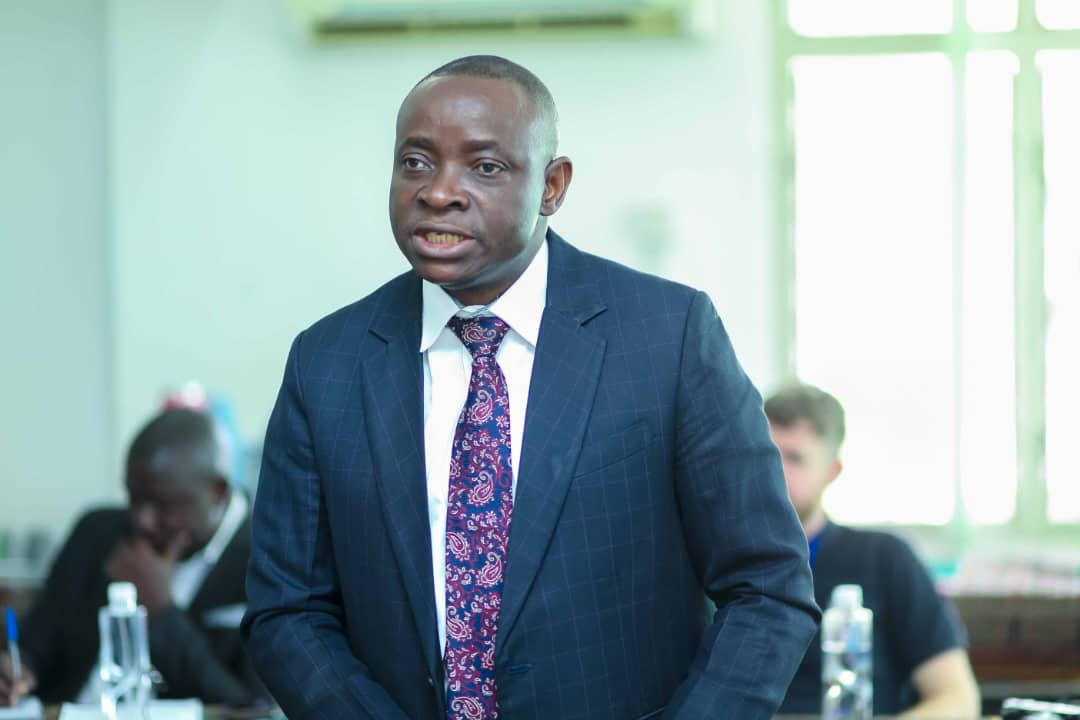
The Director of the Directorate of Postgraduate Studies, Research, Technology Transfer and Consultancy (DPRTC) Prof. Esron Karimuribo Opening the workshop, on behalf of the Vice Chancellor of Sokoine University of Agriculture Prof. Raphael Chibunda, congratulated the selection of the research topic as it has come at the right time when there has been a great challenge of the increase in non-communicable diseases associated with poor nutrition.
"We are witnessing the deaths of our people as a result of ignorance of basic things that are related to nutrition, so we, as a Country in this region, commend the topic of the research chosen as it answers the challenges affecting the health of our communities", explained Prof. Karimuribo. Moreover, on behalf of the SUA leadership, Prof. Karimuribo assured the researchers total cooperation in achieving the implementation of the project and explained that they have chosen the right place and are working with the best institution in the Country since the University has been leading in matters of research and publications in Tanzania for five years in a row.
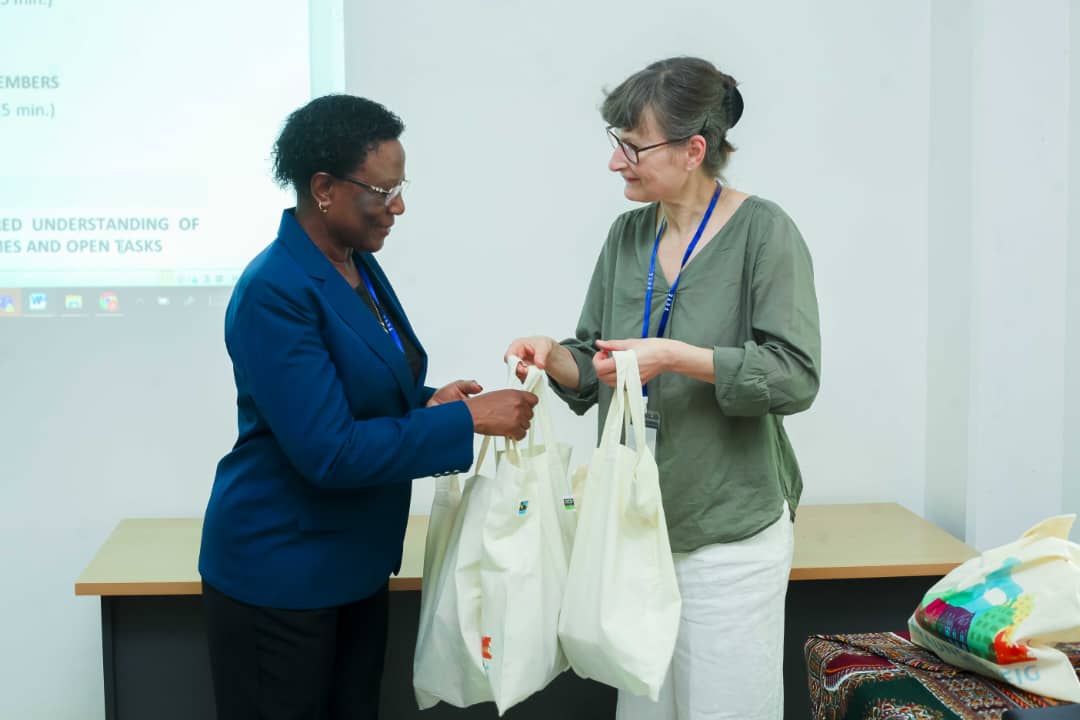
The research consortium of the FETE Project includes researchers and students from the Sokoine University of Agriculture in Tanzania, the Thunen Institute of Market Analysis in Germany, the Science and Technology Policy Research Institute (STEPRI) in Ghana, the University of Nottingham in Malaysia and the University of KwaZulu-Natal in South Africa.




